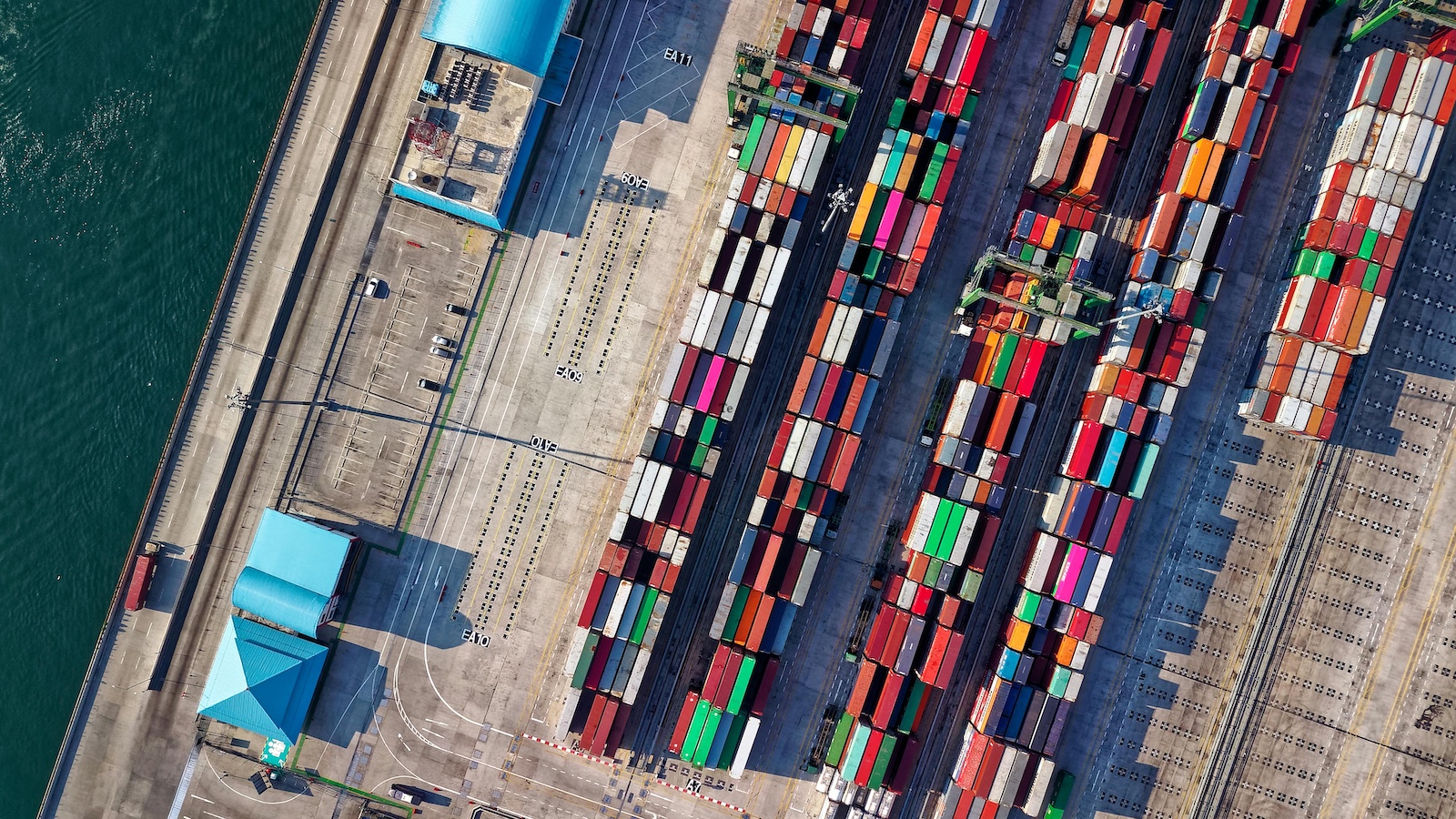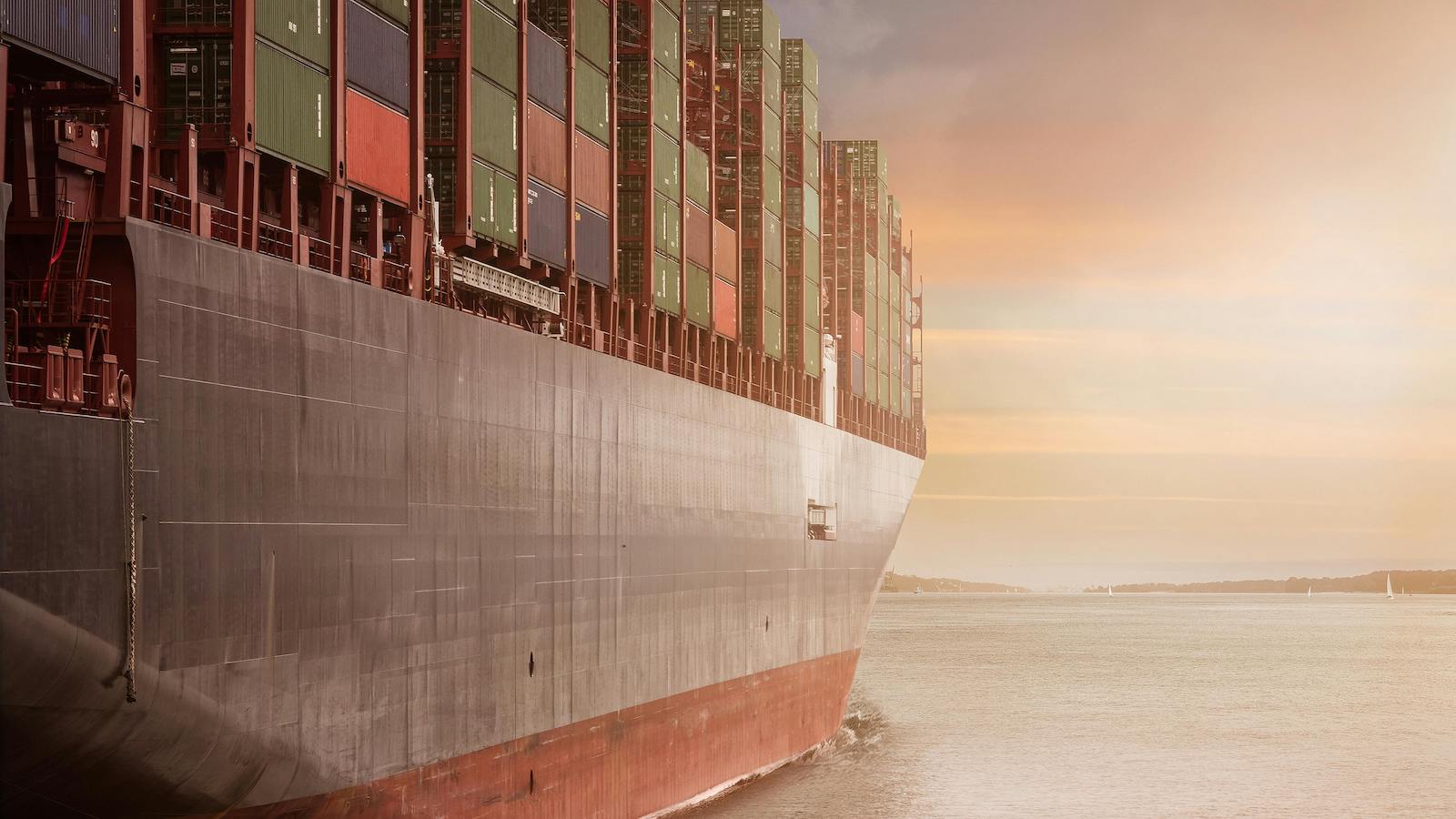The fast-changing geopolitical landscape is creating risks and challenges for a shipping industry already juggling the energy transition and the legacy of the COVID-19 pandemic, according to Allianz Commercial's 2025 Safety and Shipping Review.
The industry faces an increasingly volatile and complex operating environment, marked by attacks against shipping, vessel detentions, and sanctions, as well as the fall-out from incidents involving damage to critical subsea cables. Furthermore, the ripple effect of increasing protectionism and tariffs threatens to remake supply chains and shake up established trade relations.
Given that 90% of international trade is transported across oceans, those developments are concerning, especially as the industry continues to see the potential for large claims from traditional risks such as fires, collisions, and groundings, which are still the main drivers for total losses of large vessels.
However, there is also good news. The shipping industry has made significant improvements when it comes to maritime safety in recent years. During the 1990s, the global fleet was losing more than 200 vessels a year. This total had halved 10 years ago and is now down to a record low of 27 as of the end of 2024 (from 35 in 2023).
The relevance of political risk and conflict as a potential cause of maritime loss is increasing with heightened geopolitical tensions. Total losses from traditional causes may have reduced, but this positive trend could be offset by war and other political-related exposures. As an industry, we are in a better position with regards to traditional risks, but there is a renewed focus on geopolitical risks.
U.S.-China trade conflict and growing shadow fleet bring challenges
China has been the biggest target of the protectionist measures of the U.S. administration, with tariffs reaching 145%, before both countries agreed to reduce them for 90 days. Developments have significantly affected global maritime trade, with approximately 18% of it subject to tariffs as of mid-April 2025, compared with 4% in early March, and dramatic declines in shipments reported in the immediate aftermath of the "Liberation Day" announcements.
While the future of U.S. trade-focused policies remains uncertain, another phenomenon is posing an increasing challenge for the maritime and insurance industries: the shadow fleet. Since the start of the war in Ukraine, the size of the shadow fleet has grown significantly. Today, around 17% of the world tanker fleet is thought to belong to the shadow fleet: Estimates indicate there are close to 600 tankers trading Russian oil alone. Shadow fleet vessels have been involved in tens of incidents around the world including fires, collisions and oil spills.
Fires and mis-declared cargo remain a top concern for large vessels
Large vessel fires are still a major concern for hull and cargo insurers. There were seven total losses reported across all vessel types during 2024, the same number as a year earlier. The number of incidents overall was up year-on-year to a decade high of 250, again across all vessel types. Around 30% of these fires occurred on either container, cargo or roll-on roll-off vessels (ro-ros) (69). More than 100 total losses of vessels have been caused by fires in the past decade.
Efforts to mitigate these risks are underway, with regulatory changes and technological advancements aimed at addressing mis-declared cargo, a primary contributor to such fires. This is critical as the electrification of the global economy poses further challenges given the growing number of lithium-ion batteries and battery energy storage systems being transported.
There is little doubt the shipping industry is becoming more resilient against the risks associated with large vessels, although we can by no means say they are under control. However, only 27 total losses during 2024 underlines the positive trend. To put this in perspective: There are over 100,000 ships (100GT+) in the global fleet.
However, uncertainty and multiple risks persist. Cyber-attacks and GPS interferences are increasing. Ceasefires have raised hopes, but the Red Sea security threat and supply chain disruption will likely remain. Meanwhile, the green transition requires much work. The coming years will be decisive and will determine the path of the sector and global trade.
To read Allianz Commercial's 2025 Safety & Shipping Review, please visit: Safety and Shipping Review.








